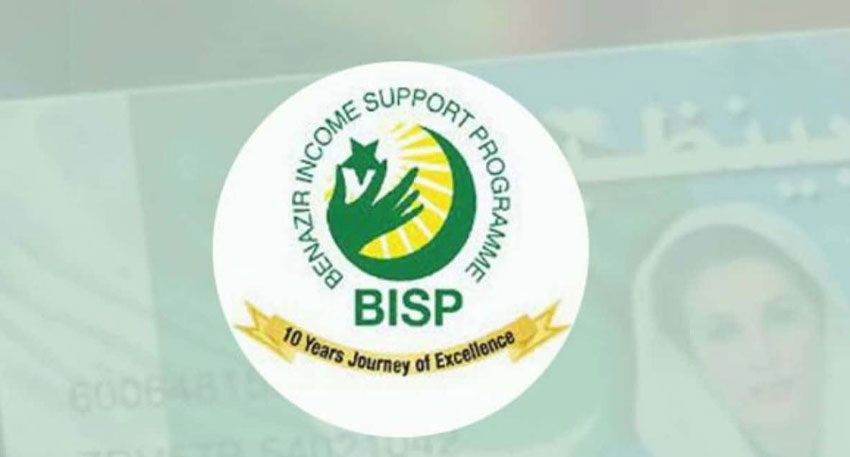
According to officials, this move comes under the new e-commerce tax framework. In its latest income tax circular, the FBR made it clear that registration with the tax system is mandatory for every seller operating in the country.
The circular further explained that online marketplaces and courier services are strictly prohibited from serving unregistered vendors. Marketplaces will now also be bound to submit statements about the vendors using their platforms.
FBR highlighted that a large number of sellers are running businesses informally through online marketplaces and personal e-stores without registering. To address this, a framework has been designed to bring them into the tax net.
To simplify the process, online sellers will be issued a National Tax Number through an easy mechanism, ensuring that tax is included in every digitally-ordered transaction. For this purpose, Section 6A has been introduced, under which tax will be collected on all digital orders of goods and services.
The FBR’s latest directive signals a major shift in Pakistan’s e-commerce landscape. By barring courier companies and marketplaces from serving unregistered sellers, the government is attempting to bring a vast informal sector into the tax system.
Read more: Honda CG 125 2026 installment plan unveiled
While this may enhance tax collection and transparency, it could also create short-term hurdles for small businesses that have long operated outside formal registration. The introduction of Section 6A ensures that no digital transaction escapes taxation, making compliance unavoidable.
Experts believe this move could strengthen Pakistan’s digital economy by increasing documentation, but at the same time, it raises concerns over whether small and medium online sellers will adapt quickly — or risk being shut out of the market.




